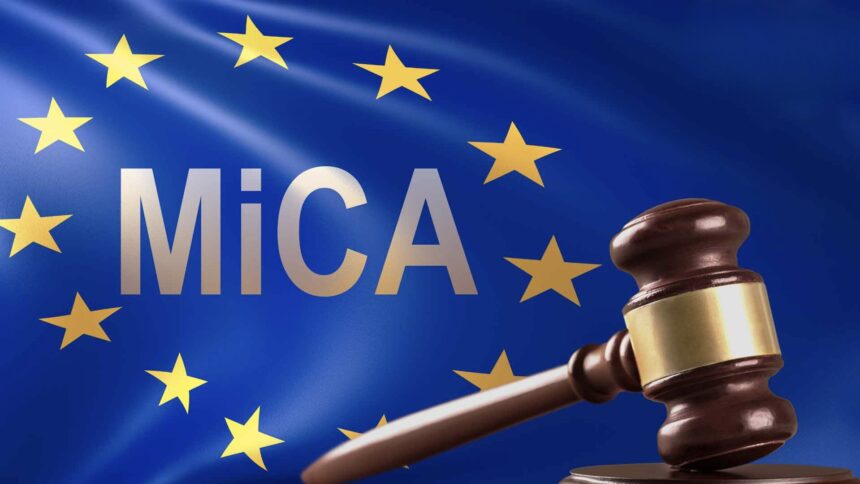EU’s MiCA Framework Faces Challenges in Creating a Unified Crypto Market
As the European Union embarks on the significant rollout of its Markets in Crypto-Assets (MiCA) framework, the law’s primary promise of a unified market is already facing some challenges.
This regulation was crafted to streamline operations for crypto firms by establishing a single licensing system that spans all 27 member states. Once licensed in one nation, companies would have the ability to “passport” their services throughout the bloc without the hassle of navigating various local rules.
Concerns Over Regulatory Arbitrage
However, less than a year into its implementation, national regulators from countries such as France, Italy, and Austria are expressing worries that passporting could incentivize firms to select jurisdictions with less stringent oversight, a practice referred to as regulatory arbitrage.
“Regulatory competition in Europe is nothing new,” remarked Jerome Castille, the head of compliance and regulatory affairs for Europe at CoinShares.
According to Castille, the concern lies not in the absence of rules but rather in the inconsistency of how they are applied. “Europe already has a very high level of investor protection and probably the highest globally,” he elaborated.
For smaller businesses, the implementation is proving particularly difficult. Marina Markezic, executive director of the European Crypto Initiative, pointed out that the varying levels of capacity among regulators and the rapid pace of new regulations could potentially drive startups out of the market.
“It is very intense to be compliant in a very short amount of time,” she stated.
While MiCA represents Europe’s initiative to take the lead in crypto regulation, its effectiveness will hinge on whether the rules are enforced uniformly across the bloc.
As Markezic noted, “There are 27 different national competent authorities supervising the same regulation. Some are larger, some smaller, some more seasoned, while others are less experienced. It’s truly a test for Europe to see if we’re able to supervise consistently.”





















